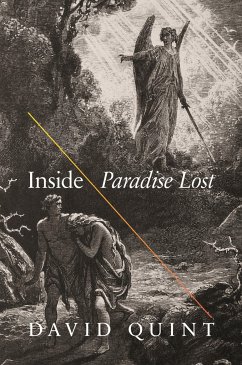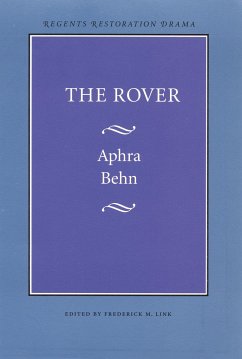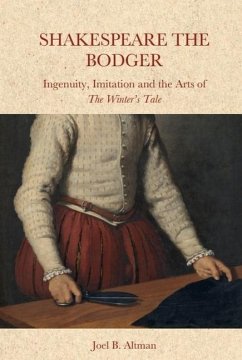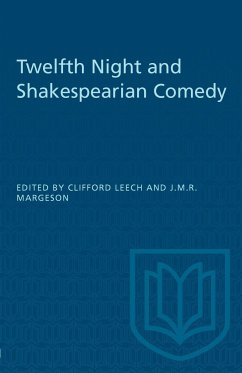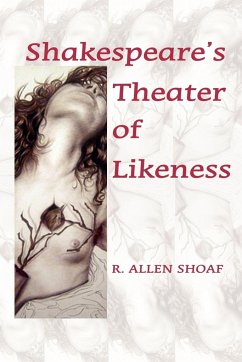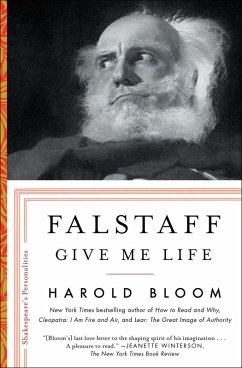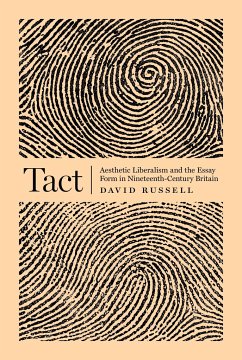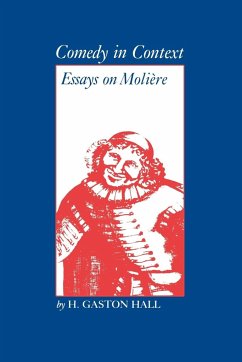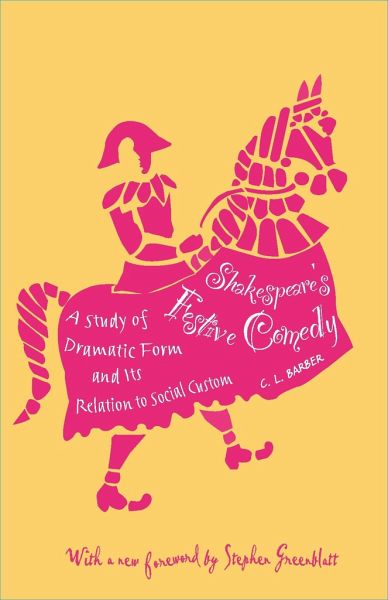
Shakespeare's Festive Comedy
A Study of Dramatic Form and Its Relation to Social Custom

PAYBACK Punkte
19 °P sammeln!
"Shakespeare's Festive Comedy is the best book on the subject that I know. The book is well and clearly written, and I should think would fascinate the general readers. I think it is indispensable for students of Shakespeare's comedy."--Francis Fergusson "I can think of no other book that has had such a powerful influence on the ways in which Shakespeare has been taught over the past thirty years. Shakespeare's Festive Comedy was a book ahead of its time. Barber revolutionized the ways that Shakespeareans thought of comedy in relation to its social setting--especially festive comedy. Others ha...
"Shakespeare's Festive Comedy is the best book on the subject that I know. The book is well and clearly written, and I should think would fascinate the general readers. I think it is indispensable for students of Shakespeare's comedy."--Francis Fergusson "I can think of no other book that has had such a powerful influence on the ways in which Shakespeare has been taught over the past thirty years. Shakespeare's Festive Comedy was a book ahead of its time. Barber revolutionized the ways that Shakespeareans thought of comedy in relation to its social setting--especially festive comedy. Others have built on his argument but nobody has really improved on his keen, central insight." --James Shapiro, Columbia University "C. L. Barber is the most compelling of the anthropological critics and his book, Shakespeare's Festive Comedy, is to my mind far and away the most illuminating yet to appear on its subject. He is compelling for many reasons--a mind both intricate and deft, a sensitivity quick to the accommodation of esthetic form to the intricacies of psychological function, a humanity benignly tolerant and inclusive. . . . The especial merit of Barber's criticism lies in its sensitive exploration of the individual working out of the release-clarification formula in five separate plays. Each, he discovers, 'tends to focus on a particular kind of folly that is released along with love--witty masquerade in Love's Labour's Lost, delusive fantasy in A Midsummer Night's Dream, romance in As You Like It, and in The Merchant of Venice, prodigality balanced against usuary.' Twelfth Night, to complete the list, focuses on misrule and its complementary folly of time-serving."--Arthur M. Eastman, in A Short History of Shakespearean Criticism




